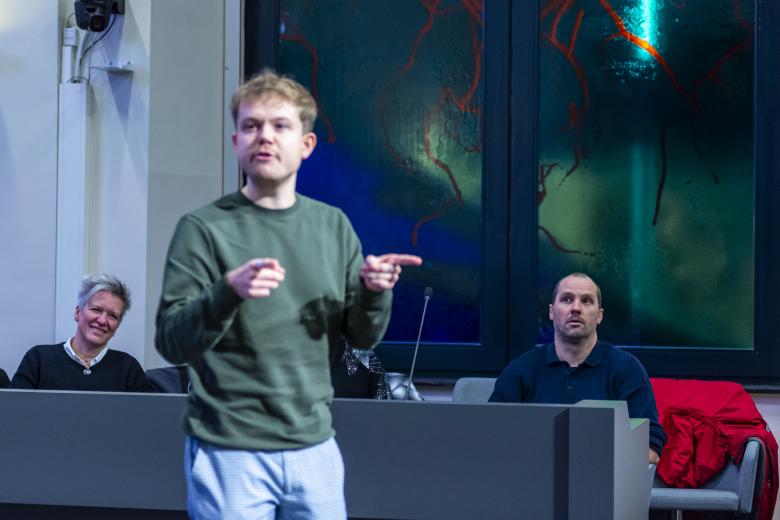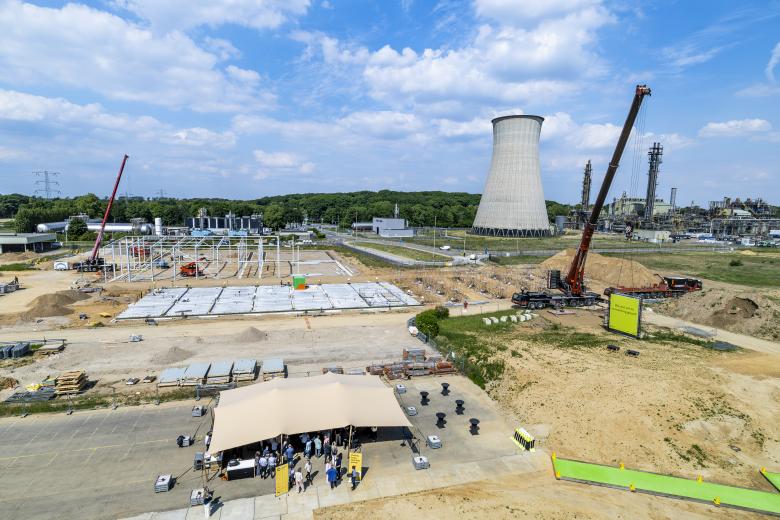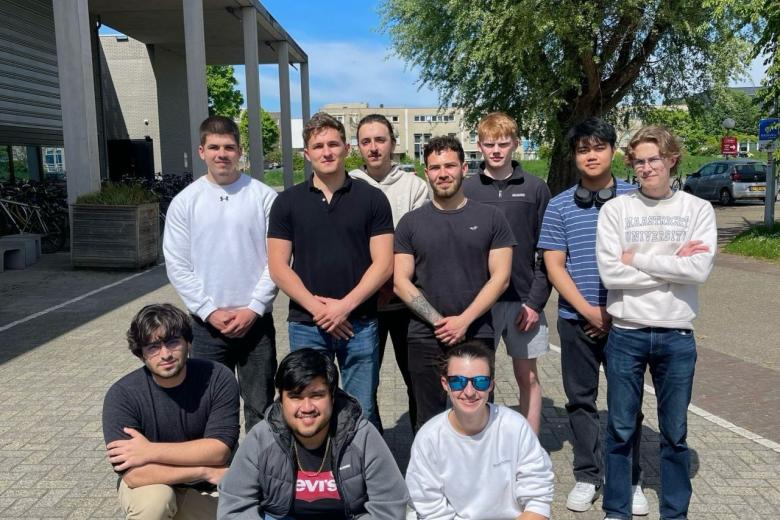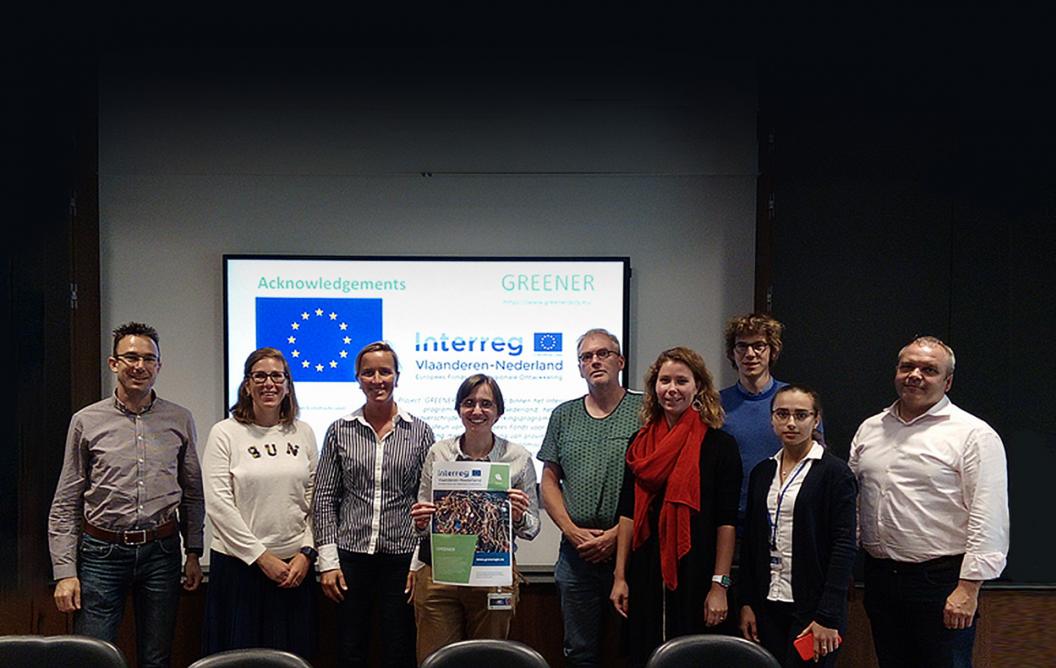GREENER: dealing with the plastic soup
Microplastics are ubiquitous and pose a growing environmental problem. Everyone has heard of the "plastic soup" in the oceans, where plastic waste breaks down into small particles that end up in our food chain because plankton and marine animals consume micro plastics.
Biobased and biodegradable polymers
Only a small part of the synthetic plastics is recovered or recycled after use. The majority is incinerated, ends up in landfill sites or accumulates in the oceans, contributing to micro plastic pollution. Based on the demand for sustainable alternatives, the GREENER project will develop biobased and biodegradable polymers with the same properties as the widespread water-soluble polyacrylic acid.
As a result, fewer micro plastics end up in the environment, and only non-toxic, natural substances are released during degradation. The aim is to valorize these materials in the widest possible range of applications, from superabsorbents in concrete, biomedical materials, cosmetics and paper to coatings.
Interreg V, theme environment
- Total budget:€ 1.547.000
- Interreg contribution: € 773.500,01 (50%)
- Project period: 1 September 2019 - 31 August 2022
- Project manager: Maastricht University
Project partners
Also read
-
More than another ‘to-do’: how the UTQ helped me rethink my teaching
At Maastricht University, the University Teaching Qualification (UTQ) is a professional development programme designed to strengthen teaching and learning. It supports teachers in developing core teaching competencies through a combination of workshops, peer learning, on-the-job experience, and...

-
Brightlands Circular Space focuses on integrated approach to entire plastic value chain
Construction has officially started today in Limburg of Brightlands Circular Space, a demonstration facility that accelerates the transition to circular plastics.

-
MaaSec – The Netherlands' Only Active ACM Student Chapter captures the flag
In January, a group of Computer Science students at Maastricht University launched MaaSec, currently the only active ACM student chapter in the Netherlands. And in just a few months, they've already made a name for themselves; especially in the world of Capture the Flag (CTF) competitions.

